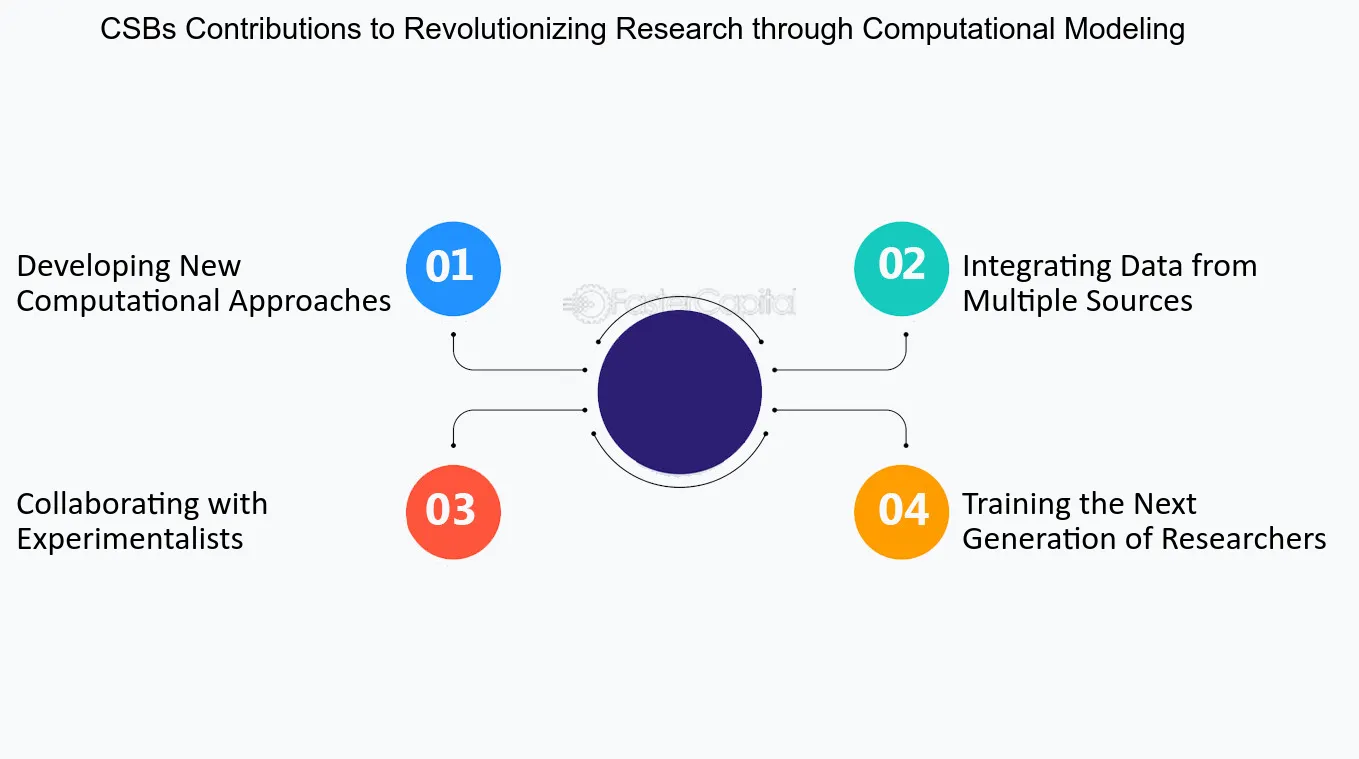In a landmark development, Gladstone Institutes, under the leadership of Senior Investigator Katie Pollard, PhD, has secured a significant $5 million grant aimed at propelling cancer research into new frontiers by harnessing the power of computational biology and AI (Artificial intelligence). The grant, a part of the newly launched Transformative Computational Biology Grant Program initiated by the Biswas Family Foundation in collaboration with the Milken Institute, heralds a transformative approach towards understanding and combating cancer.
The birth of a catalyst for cancer research advancement
Under the auspices of the Biswas Family Foundation’s Transformative Computational Biology and AI Grant Program, Gladstone Institutes will establish the Biswas Center for Transformative Computational Cancer Biology. Led by Dr. Katie Pollard, the center will serve as a crucible for innovation, marrying state-of-the-art machine learning techniques with cutting-edge experimental technologies. This fusion aims to streamline the identification and prioritization of research avenues crucial for making significant strides in cancer diagnosis and treatment.
The defining characteristic that epitomizes the essence of the center lies profoundly in its unwavering commitment to the facilitation and cultivation of synergistic collaboration and the dissemination of knowledge. Dr. Pollard fervently underscores and affirms that the tools and discoveries engendered within its confines will be disseminated with utmost liberality, thereby engendering a sweeping and pervasive global acceleration of research endeavors within the realm of cancer biology.
By facilitating and fostering an environment conducive to the creation and refinement of specialized therapeutic modalities tailored to the idiosyncratic nuances of distinct cancerous mechanisms, the center earnestly endeavors to imbue patients and healthcare providers alike with the requisite insights indispensable for judicious and informed decision-making processes.
Unveiling the potential of computational biology and AI in cancer research
At the heart of the Biswas Center’s endeavors lies a suite of deep learning models capable of conducting trillions of virtual experiments. These simulations aim to elucidate how alterations in a cell’s DNA influence its function and interactions within the broader biological milieu. Initially focusing on colorectal and skin cancers, the research team harbors ambitions of uncovering molecular mechanisms overlooked by conventional methodologies. Also, the utilization of predictive analytics promises to unravel the intricacies of cancer immunotherapies, potentially revolutionizing treatment paradigms.
A distinguishing aspect of the Gladstone program is its commitment to equitable research distribution. By allocating equal emphasis to rare cancer pathways and non-European genetic ancestries, the initiative seeks to address critical gaps in cancer biology knowledge. Dr. Pollard’s team envisions not only advancing understanding within the realm of cancer but also catalyzing broader medical advancements across diverse domains.
The intersection of computational biology and artificial intelligence represents a pivotal juncture in the quest to unravel the complexities of cancer biology. With the establishment of the Biswas Center for Transformative Computational Cancer Biology, Gladstone Institutes embarks on a journey poised to redefine the contours of cancer research. As the scientific community braces for a new era of innovation, one question looms large: How will the convergence of cutting-edge technologies shape the future of cancer diagnosis and treatment?





